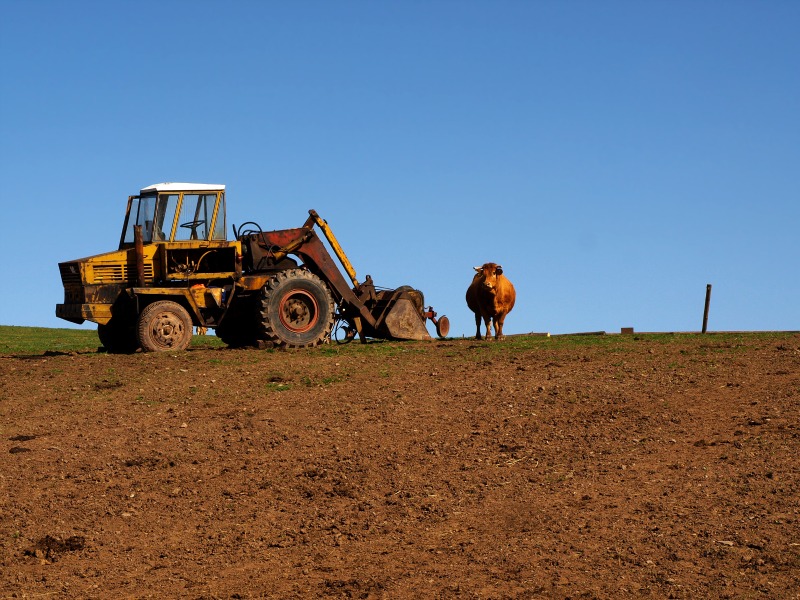New Home Building: Choosing Where to Build
Whatever your dream home is, you need to be sure that you find the perfect block of land to build on. Here are a few important factors to consider when choosing the block for your new home.

The perfect home is different for everybody. Yours could be a contemporary eco-design home, a spacious double-level brick home or something else. Whatever your vision is, you need to be sure that you also find the perfect block of land to build it on.
Here are a few important factors to consider when choosing the block that best suits your new home.
Is it a sloping block?
Sloping blocks offer some advantages, but building on them involves more costs. Excellent ventilation and scenic views are great reasons to build on a slope, but there are particular challenges to deal with. Excavation is a common approach, but council approval and engineering advice are probably required.
The risk of bushfire is also a consideration because fire tends to move faster up slopes. This means the bushfire attack level (BAL) rating may increase for a sloping block, influencing the type of building materials that can be used. Access to the site is another factor that can add to costs.
Is the block big enough?
These days, the average block of land in cities and regional towns is smaller than in the past. Inner city areas have particularly compact blocks, so compact housing such as terraces or townhouses has been the practical response. Larger, expanded housing with space for gardens will probably be located further out in cities or in subdivisions with generous block sizes.
Knowing the actual size of the home you have in mind will help you decide if a block is suitable. Pre-designed homes or a house and land package make this information easy to get. Otherwise, an architect can also translate your dream home into practical measurements you can use to decide on a block of land.
Soil types
The type of soil on a block of land can dictate whether any special measures have to be taken before building. Some soils shift with changes in moisture levels, so appropriate measures must be taken to ensure that your home will be stable. This means that extra costs must be factored into the budget. Geotechnical reports can tell you whether you need to do additional safety measures and may also be a requirement in the council approval process.
Anything else you should consider?
Here are some final questions to ask yourself before finally deciding to build on a block of land:
- Are essential services such as electricity, roads, water, gas, telephone and internet available?
- Are there any council restrictions on the type of home you can build?
- What other construction is going on or planned in the area? You might not want a noisy business next door.
- How busy is the neighbourhood at different times of the day?
- Are there schools, shopping centres, libraries, bus runs or other facilities you need nearby?
Keep all these factors in mind and make your own list of what you’ll need to help you choose the right block to build on. You can also ask for professional advice from new home builders to ensure that you make the best decision.